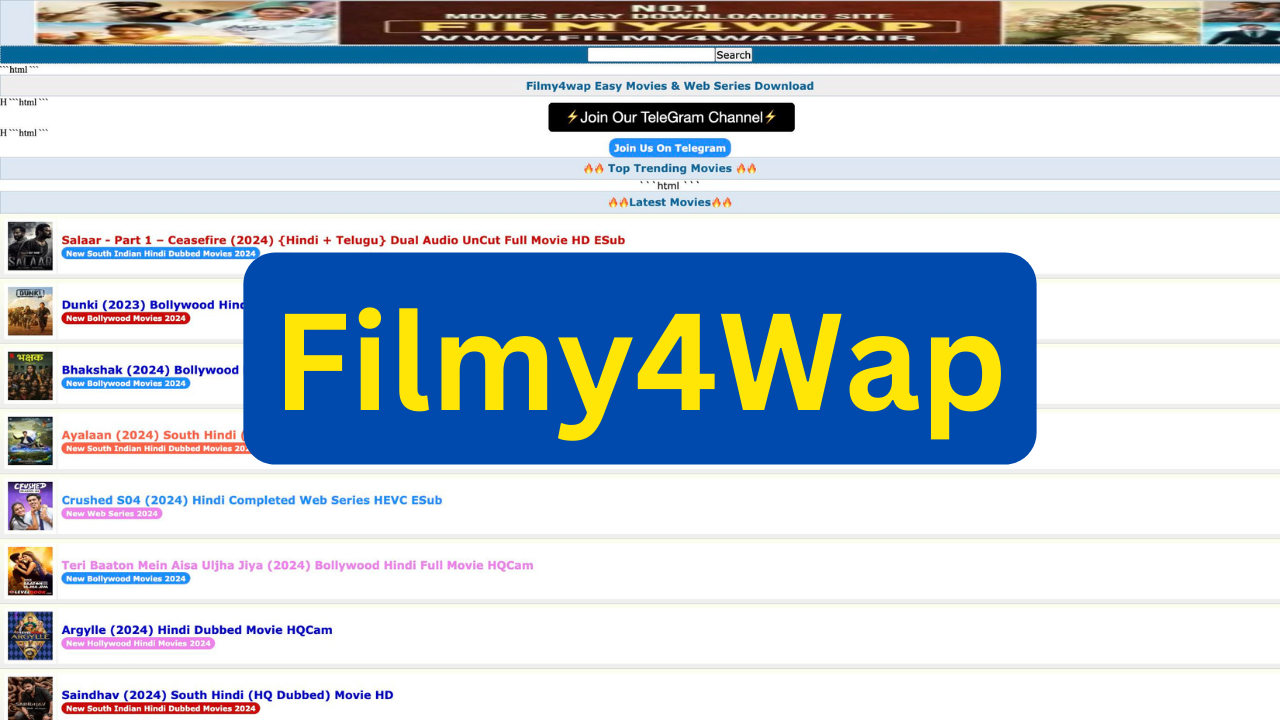Understanding the Importance of Commercial Auto Insurance
For businesses that rely on 18-wheelers, commercial auto insurance is an indispensable asset. These trucks are often the lifeblood of operations, transporting goods, fulfilling contracts, and generating revenue. However, the potential financial consequences of an accident can be devastating. The truck itself, along with the trailer and cargo, can represent a significant investment. Without adequate insurance, a single incident could lead to substantial financial losses.
Essential Types of Commercial Auto Insurance
To protect your business from the financial risks associated with operating 18-wheelers, it’s crucial to have a comprehensive insurance policy. Here are the primary types of commercial auto insurance that every 18-wheeler owner or operator should consider:
Liability Insurance
- Mandatory Requirement: Liability insurance is legally mandated in most jurisdictions. It protects you and your business from financial responsibility for accidents that result in property damage or bodily injury to others.
- Coverage: Liability insurance typically includes:
- Bodily Injury: Covers medical expenses for individuals injured in an accident caused by your truck.
- Property Damage: Covers the cost of repairing or replacing damaged property, such as other vehicles or structures.
Physical Damage Insurance
- Protects Your Truck: Physical damage insurance safeguards your 18-wheeler against losses due to accidents, theft, vandalism, or natural disasters.
- Components:
- Collision: Covers damage from accidents involving your truck.
- Comprehensive: Covers damage from non-collision incidents, such as theft, vandalism, or natural disasters.
Cargo Insurance
- Protects Your Goods: Cargo insurance protects your business against losses resulting from damage or theft of the goods you’re transporting.
- Coverage Options: Cargo insurance can be tailored to cover specific types of goods, such as general merchandise, hazardous materials, or high-value items.
Trailer Interchange Insurance
- Covers Leased Trailers: If you frequently use leased trailers, trailer interchange insurance provides coverage for damage or loss.
Uninsured/Underinsured Motorist Insurance
- Protects Against Uninsured Drivers: This coverage provides protection if the other driver involved in an accident is uninsured or underinsured.
Additional Considerations
- Towing and Roadside Assistance: These coverages can be valuable in case of breakdowns or accidents.
- Bobtail Insurance: If your truck is involved in an accident while not carrying a load, bobtail insurance provides coverage.
- Non-Trucking Liability: This covers your liability when the truck is not being used for business purposes.
Factors Affecting Insurance Costs
Several factors can influence the cost of commercial auto insurance for 18-wheelers, including:
- Truck Type: The size, weight, and type of truck you operate will affect your premium.
- Driver Experience: The driving history of your drivers can impact your insurance rates.
- Safety Measures: Implementing safety measures, such as telematics systems or driver training programs, can potentially lower your premiums.
- Claims History: Your past claims experience will be considered when determining your rates.
- Geographic Location: The region where you operate can influence insurance costs due to factors like accident rates and theft statistics.

Choosing the Right Insurance Provider
When selecting a commercial auto insurance provider, consider the following factors:
- Coverage Options: Ensure the provider offers the specific types of coverage you need.
- Financial Stability: Choose a financially sound company to ensure they can fulfill their obligations in the event of a claim.
- Customer Service: Look for a provider with a reputation for excellent customer service.
- Claims Process: Understand the provider’s claims process and how quickly they typically handle claims.
By carefully considering these factors and obtaining quotes from multiple insurers, you can find the most suitable commercial auto insurance policy for your 18-wheeler operations.
Frequently Asked Questions About 18-Wheeler Insurance
Q: What is the most important type of insurance for an 18-wheeler? A: Liability insurance is the most crucial. It covers bodily injury and property damage caused by your truck.
Q: How much does 18-wheeler insurance cost? A: The cost varies based on factors like your driving record, truck type, coverage limits, and geographic location. It’s essential to get quotes from multiple insurers to compare prices.
Q: Can I get a discount on my 18-wheeler insurance? A: Yes, many insurers offer discounts for factors like safe driving records, defensive driving courses, and bundling multiple policies.
Coverage-Specific Questions
Q: What does comprehensive coverage cover on an 18-wheeler? A: Comprehensive coverage covers damage caused by things like theft, vandalism, fire, and natural disasters.
Q: What is cargo insurance and why is it important? A: Cargo insurance protects your business from losses if the goods you’re transporting are damaged or lost.
Q: What is bobtail insurance and when do I need it? A: Bobtail insurance covers your liability when your truck is not carrying a load. It’s essential for independent truck drivers or when your truck is empty.
Claims and Policy Questions
Q: What should I do if I’m involved in an accident? A: Immediately contact your insurance company to report the accident. Gather information from the other driver and witnesses, and take photos of the damage.
Q: How long does it typically take to process an insurance claim? A: The processing time can vary depending on the complexity of the claim and the insurance company. However, most insurers strive to process claims promptly.
Q: Can I cancel my 18-wheeler insurance policy? A: Yes, you can typically cancel your policy by providing written notice to your insurance company. However, there may be penalties or fees associated with early cancellation.
Q: How often should I review my 18-wheeler insurance policy? A: It’s recommended to review your policy annually to ensure it still meets your needs and that your coverage limits are adequate.
Q: What should I look for in an insurance provider? A: When choosing an insurance provider, consider their financial stability, reputation, customer service, and claims process.
By understanding these FAQs and seeking professional advice, you can ensure that your 18-wheeler is adequately protected with the right insurance coverage.




